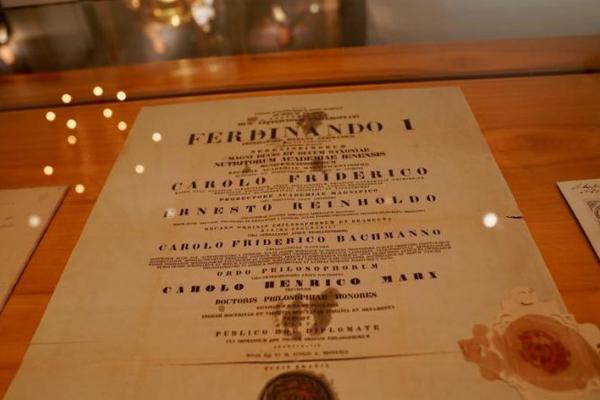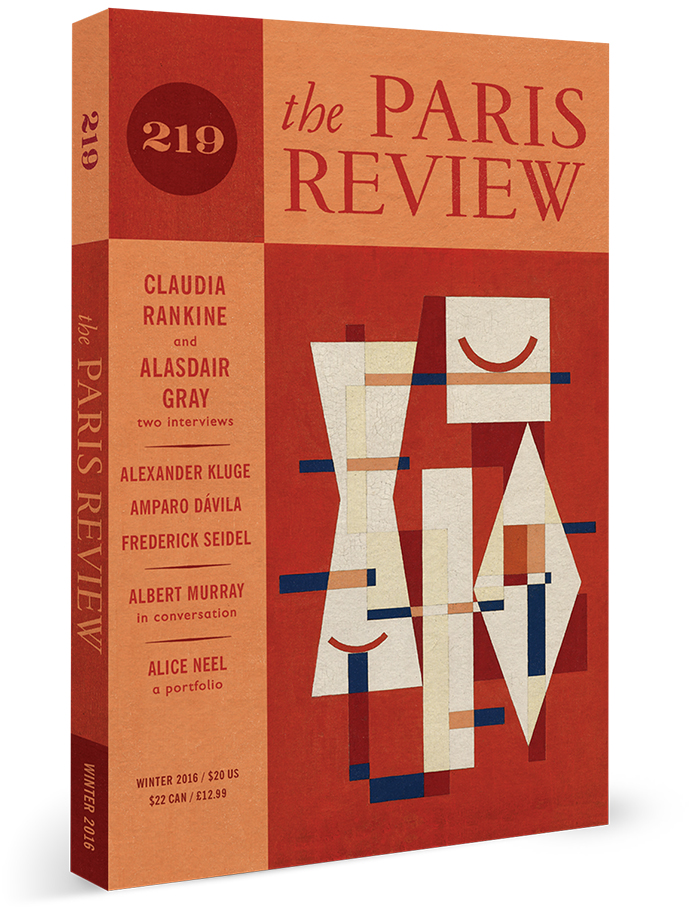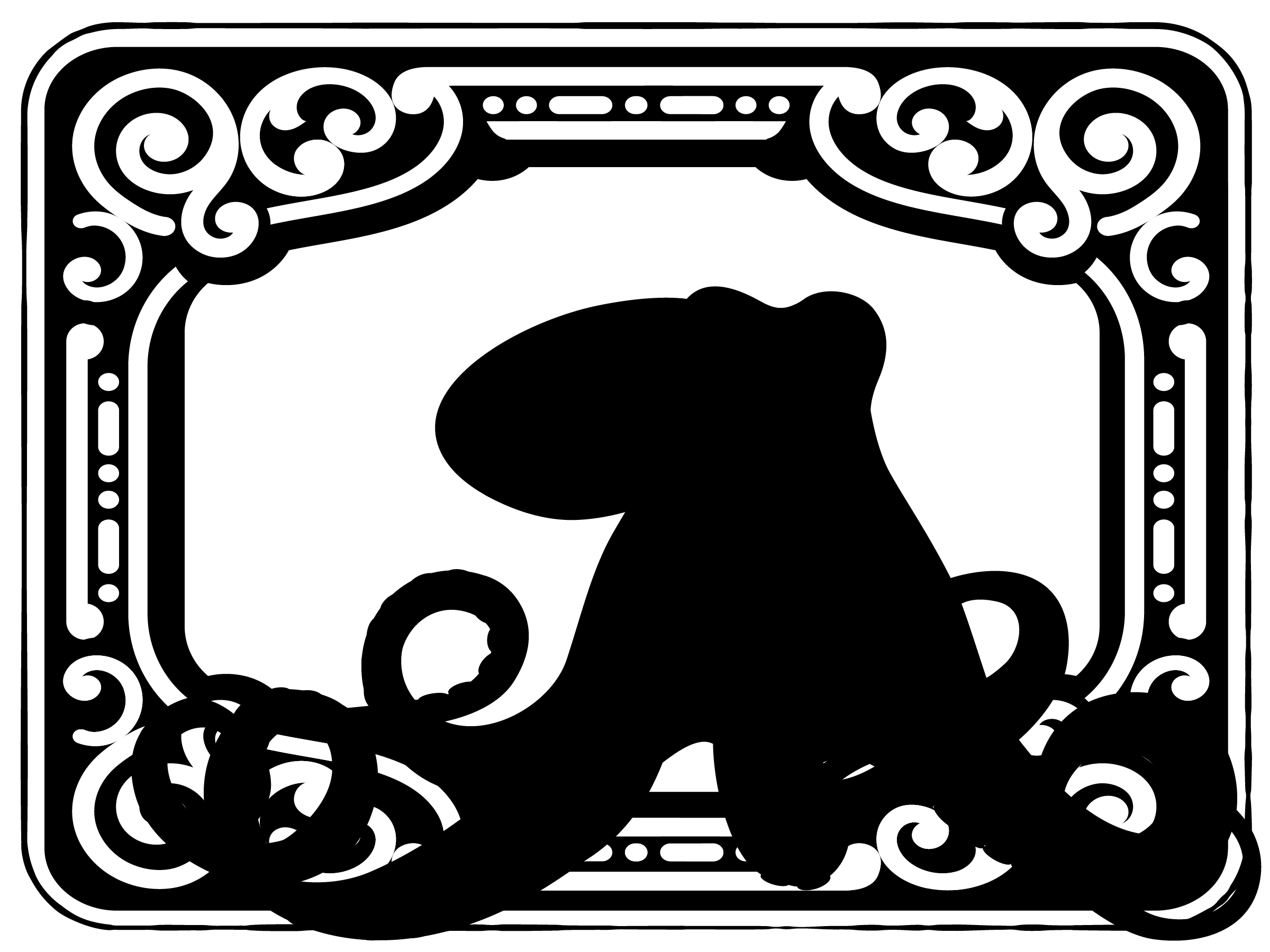"Look on sex doctor husband wait videomy Works, ye Mighty, and despair!"
SEE ALSO: Mysterious discovery under the water in China will awaken your inner Indiana JonesThis famous line is from a 1818 sonnet by Percy Bysshe Shelley entitled "Ozymandias," which talks about the remains of a huge statue in the desert depicting a once-proud king, Ramses II, who ruled Egypt more than 3,000 years ago.
Now, another massive statue of the pharaoh, also known as Ramses the Great, has been found submerged in groundwater in the Cairo working-class area of Matariya, among uncompleted buildings and mud.
 Egyptian workers prepare to lift parts of a statue for restoration after it was unearthed. Credit: KHALED ELFIQI/EPA/REX/Shutterstock
Egyptian workers prepare to lift parts of a statue for restoration after it was unearthed. Credit: KHALED ELFIQI/EPA/REX/Shutterstock Pictures show archaeologists, officials and local residents watching as a massive forklift pulls the statue's head out of the water.
“We found the bust of the statue and the lower part of the head and now we removed the head and we found the crown and the right ear and a fragment of the right eye,” the antiquities minister, Khaled al-Anani, told Reutersof the new discovery.
 Credit: KHALED ELFIQI/EPA/REX/SHUTTERSTOCK
Credit: KHALED ELFIQI/EPA/REX/SHUTTERSTOCK The discovery of the 8-metre statue in quartzite was made near the ruins of Ramses II's temple in the ancient city of Heliopolis, in the eastern part of modern-day Cairo.
Heliopolis, dedicated to the sun god, had one of the largest temples in Egypt, almost double the size of Luxor's Karnak. It was destroyed in Greco-Roman times, and many of its obelisks moved to Alexandria or to Europe.
 Credit: KHALED ELFIQI/EPA/REX/Shutterstock
Credit: KHALED ELFIQI/EPA/REX/Shutterstock Ramses was one of the greatest pharaohs in ancient Egypt, ruling for 66 years from 1279 BC to 1213 BC. He led several military expeditions and expanded the Egyptian empire from Syria to the east of Nubia (northern Sudan).
 Credit: KHALED ELFIQI/EPA/REX/Shutterstock
Credit: KHALED ELFIQI/EPA/REX/Shutterstock Shelley wrote his sonnet after the British Museum acquired a large fragment of a statue of Ramses II. He created an iconic image of this massive and once great statue of a king falling from grace, in ruins and in the middle of the desert with nothing else around it.
"Ozymandias," with all its references to the theme of collapse following greatness, is also fittingly the title of a key episode of the fifth season of Breaking Bad.
The line "Look on my works, ye Mighty, and despair!" is explicitly in reference to Walter White and his fallen empire.
Here's the sonnet read by Bryan Cranston in full.
(Editor: {typename type="name"/})
 Apple's newest ad makes a haunting plea to take climate change seriously
Apple's newest ad makes a haunting plea to take climate change seriously
 Mariah Carey announces the official start of the holiday season on TikTok
Mariah Carey announces the official start of the holiday season on TikTok
 The Delightful Mysteries of ‘The Voynich Manuscript’
The Delightful Mysteries of ‘The Voynich Manuscript’
 M3 MacBook 14 vs. M3 Pro MacBook 14
M3 MacBook 14 vs. M3 Pro MacBook 14
NYT Connections Sports Edition hints and answers for February 15: Tips to solve Connections #145
 Connections: Sports Editionis a new version of the popular New York Times word game that seeks to te
...[Details]
Connections: Sports Editionis a new version of the popular New York Times word game that seeks to te
...[Details]
Is the Great American Lawn “Camp”?
 Notes on CampBy Megan Mayhew BergmanDecember 2, 2016Our CorrespondentsUsing Susan Sontag to consider
...[Details]
Notes on CampBy Megan Mayhew BergmanDecember 2, 2016Our CorrespondentsUsing Susan Sontag to consider
...[Details]
Staff Picks: Teddy Wayne, Terrance Hayes, Notes on Blindness
 Staff Picks: Bitterness, Blindness, Backing VocalsBy The Paris ReviewDecember 2, 2016This Week’s Rea
...[Details]
Staff Picks: Bitterness, Blindness, Backing VocalsBy The Paris ReviewDecember 2, 2016This Week’s Rea
...[Details]
Wildlife Photographer of the Year 2022 winners capture the dynamism and diversity of nature
 Last month, London's National History Museum announced the photographers who were "highly commended"
...[Details]
Last month, London's National History Museum announced the photographers who were "highly commended"
...[Details]
Apple is advertising on Elon Musk's X again
 Over a year ago, Appleremoved its adsfrom X afterElon Muskbacked a series of antisemitic posts from
...[Details]
Over a year ago, Appleremoved its adsfrom X afterElon Muskbacked a series of antisemitic posts from
...[Details]
Cover Story: Mario Carreño and Concrete Cuba
 Mario Carreño and Concrete CubaBy Caitlin LoveDecember 14, 2016Inside the IssueThe story behind our
...[Details]
Mario Carreño and Concrete CubaBy Caitlin LoveDecember 14, 2016Inside the IssueThe story behind our
...[Details]
Our Winter Issue: Claudia Rankine, Albert Murray, and More
 Our Winter Issue: Rankine, Gray, Murray, and MoreBy Dan PiepenbringDecember 5, 2016BulletinThe inter
...[Details]
Our Winter Issue: Rankine, Gray, Murray, and MoreBy Dan PiepenbringDecember 5, 2016BulletinThe inter
...[Details]
From the Archive: Writers to Put Their Finger on What Inspires Them
 What’s Inspiration, Anyway?By Dan PiepenbringDecember 8, 2016From the ArchiveOur complete digital ar
...[Details]
What’s Inspiration, Anyway?By Dan PiepenbringDecember 8, 2016From the ArchiveOur complete digital ar
...[Details]
Brest vs. PSG 2025 livestream: Watch Champions League for free
 TL;DR:Live stream Brest vs. PSG in the Champions League for free on Virgin Media Player. Access this
...[Details]
TL;DR:Live stream Brest vs. PSG in the Champions League for free on Virgin Media Player. Access this
...[Details]
How to preorder the new MacBook Pro with M3 Pro and M3 Max
 As of Oct. 31, the new MacBook Pro M3 Pro and MacBook Pro M3 Max are available to preorder at the Ap
...[Details]
As of Oct. 31, the new MacBook Pro M3 Pro and MacBook Pro M3 Max are available to preorder at the Ap
...[Details]
Best GPU deal: GIGABYTE NVIDIA GeForce RTX 5080 is $1,349.99 at Best Buy

Paul the Octopus’s World Cup Prophesies

接受PR>=1、BR>=1,流量相当,内容相关类链接。